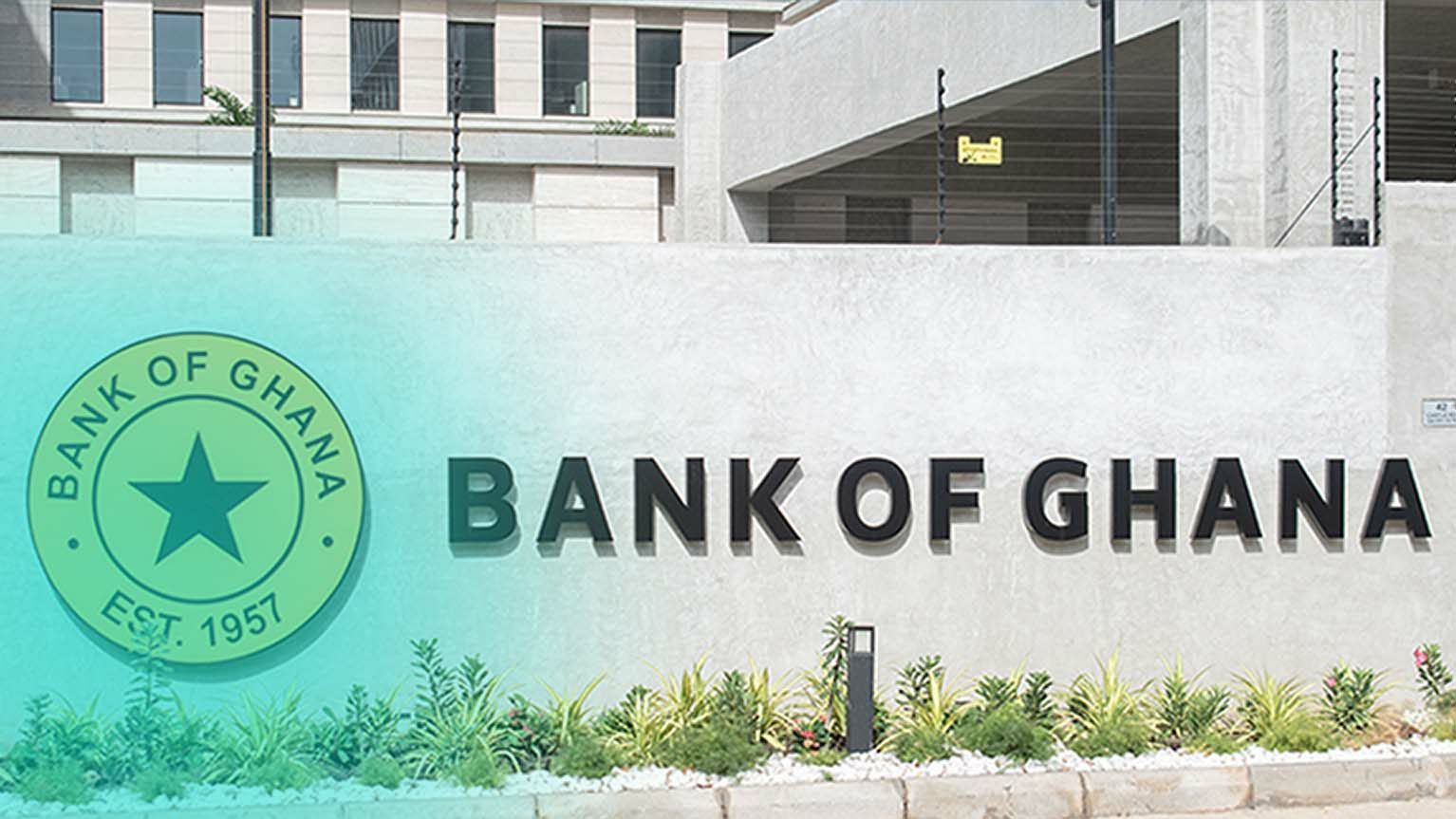
Ghana is accelerating its transition into a cash-light economy with two major initiatives. The Bank of Ghana (BoG) has published a new Directive for Digital Credit Services Providers and will begin accepting licence applications on November 3, 2025.
According to GhanaRegions.com, at the same time, the National Identification Authority (NIA) is preparing to activate a Ghana Card digital wallet, which will allow citizens to store and spend value directly using their national ID card.
Together, these moves are expected to reshape the financial landscape, increase consumer protection, and boost financial inclusion.
Bank of Ghana’s Digital Credit Licensing Framework
The BoG’s new Directive sets out comprehensive rules for companies that want to offer digital loans and related credit services:
- Application Start Date: November 3, 2025 via the Bank of Ghana’s online ORASS portal.
- Minimum Capital Requirement: GH¢2 million paid-up capital for applicants, ensuring only well-capitalised and stable companies enter the market.
- Licensing & Renewal Fees: Processing, licence and renewal fees apply, payable at application and renewal stages.
- Ownership Rules: At least 30% Ghanaian equity is required, and applicants must have a physical principal office in Ghana.
- Permitted Activities: Licensed digital credit providers can offer credit services but cannot engage in deposit-taking or other regulated activities without additional licences.
- Governance & Technology Standards: Applicants must demonstrate strong corporate governance, secure ICT systems, business continuity planning, fraud detection mechanisms and full compliance with anti-money-laundering (AML) and counter-terrorist-financing (CFT) requirements.
This licensing regime is designed to bring unregulated digital lenders into the formal financial sector, improve transparency, and protect borrowers from predatory practices.
Ghana Card Digital Wallet – The Next Step in Payments
The Ghana Card, already a mandatory biometric ID, is set to gain a powerful new feature: an integrated digital wallet. The NIA has announced plans to activate an e-wallet function that will allow cardholders to:
- Load money onto their Ghana Card,
- Make payments or transfers directly using the card as authentication,
- Enjoy seamless integration with banks and other payment service providers.
Unlike single-bank mobile wallets, the Ghana Card wallet is being designed as a neutral platform that multiple financial institutions can connect to. This could create a universal, low-cost payments system that reaches millions of Ghanaians—including those currently underserved by traditional banks.
What It Means for Key Stakeholders
- For Fintechs & Digital Lenders:
Now is the time to prepare your application. Assemble audited financial statements, demonstrate your paid-up capital, develop strong AML/CFT policies, and complete a thorough technology security review. Smaller lenders may consider partnerships or mergers to meet the new thresholds. - For Banks & Payment Service Providers:
The Ghana Card wallet and digital credit licensing framework present an opportunity to integrate with new players, offer APIs, and expand customer reach. Interoperability and tokenization will be critical areas for investment. - For Consumers:
Borrowers can expect clearer pricing, stronger data privacy rules, and recourse mechanisms under the BoG’s oversight. The Ghana Card wallet promises easier, cheaper digital payments and transfers tied to your national ID.
Opportunities and Challenges
While these initiatives promise increased security and inclusion, they also bring challenges. Compliance costs may push out smaller lenders, reducing short-term credit availability. Combining national ID with financial services raises data privacy concerns that will require strong safeguards. And for the Ghana Card wallet to succeed, banks, fintechs and regulators must coordinate to ensure interoperability and consumer trust.
Key Dates and Next Steps
- September 2025: Publication of the BoG Directive for Digital Credit Service Providers.
- November 3, 2025: Opening of licence applications via ORASS.
- 2025–2026: Anticipated pilot and rollout of the Ghana Card digital wallet.
Prospective applicants should start preparing now. Consumers should watch for official announcements on when the Ghana Card wallet goes live and how to opt in.
A New Era of Ghana’s Regulated Digital Finance
Ghana’s twin initiatives confirmed by GhanaRegions.com reporter, the licensing of digital credit providers and the launch of the Ghana Card digital wallet signal a new era of regulated, inclusive digital finance. For businesses, this is the time to ensure compliance and explore new partnerships. For consumers, it represents safer credit options and more convenient payments tied to a trusted national ID system.
With careful implementation, Ghana could become a model for secure and inclusive digital finance across Africa.




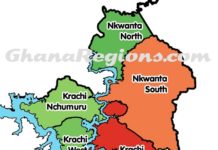

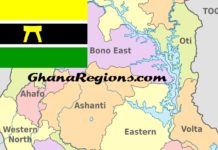









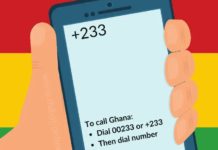


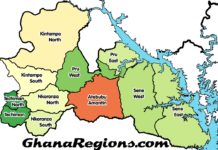
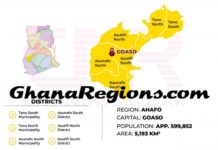














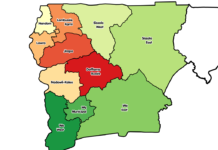
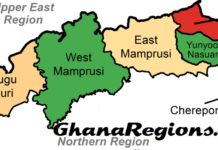













![Morocco knock out Spain on 3-0 penalties to reach FIFA World Cup 2022 quarter-final, Morocco vs Spain (0-0) (3-0) [Video]. Morocco knock out Spain on 3-0 penalties](https://ghanaregions.com/wp-content/uploads/2022/12/Watch-Morocco-vs-Spain-0-0-and-3-0-penalties-218x150.jpg)



































